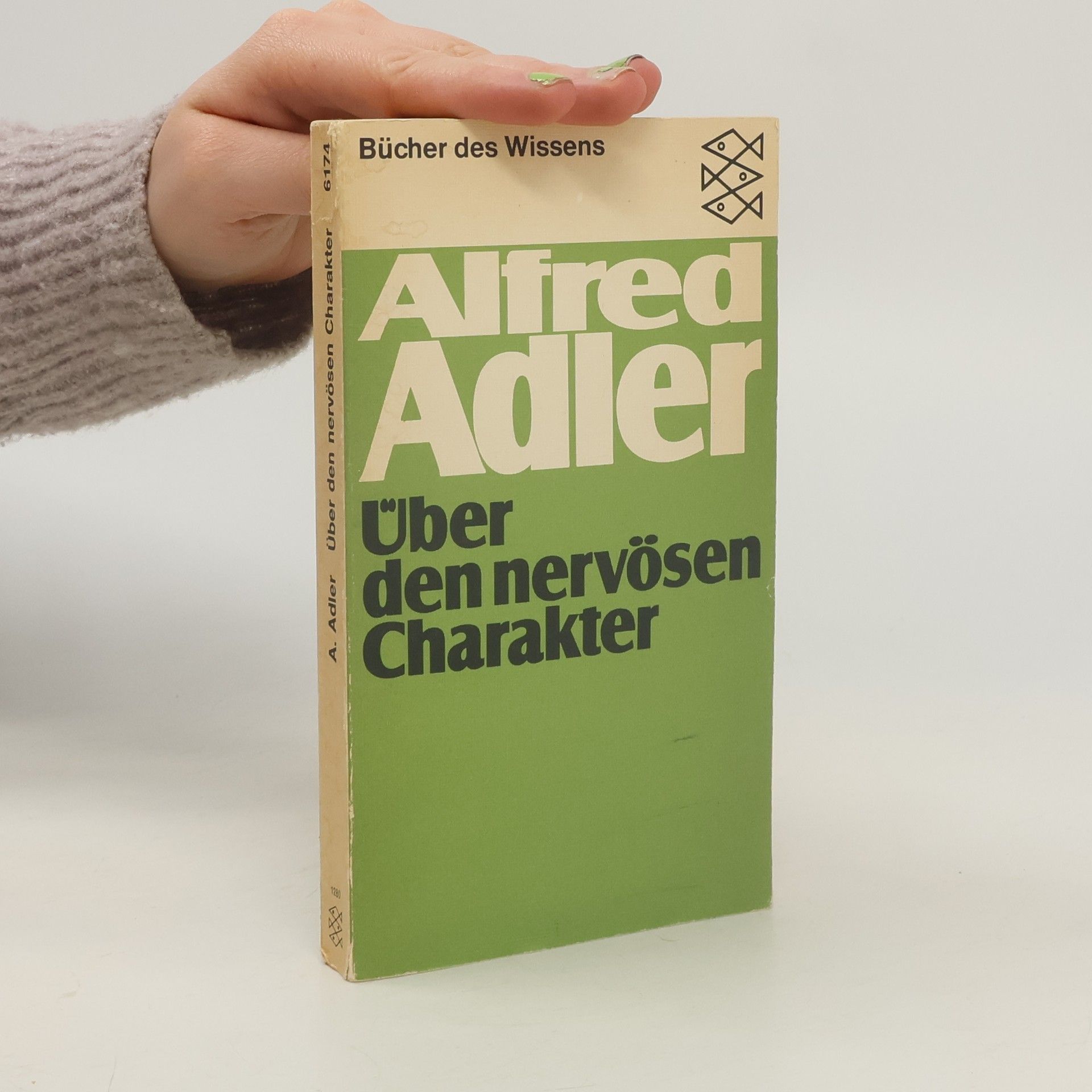The practice and theory of individual psychology
- 362bladzijden
- 13 uur lezen
2011 Reprint of 1925 Edition. Full facsimile of the original edition, not reproduced with Optical Recognition Software. This book is a compilation of twenty-eight lectures and other papers written by the chief exponent of the "organ inferiority" theory of the neuroses and psychoses during the years from 1908 to 1920. Each paper deals with a special phase either of theory or practice of the individual method of attacking the inferiority mechanisms which the author believes and asserts he has conclusively demonstrated to be the basis of all forms of neuroses and developmental failures. The basic principle for the understanding and practice of the "individual-psychological method" is the tracing of all symptoms occurring in an individual case back to their "lowest common denominator," which is the real psychical situation of the patient's earliest childhood, the psychic foundations of the neurosis and its symptoms having been perpetuated unchanged from childhood. This was one of Adler's key publications, along with "Understanding Human Nature" and "What Life Should Mean to You." In his lifetime, Adler published more than 300 books and articles.








